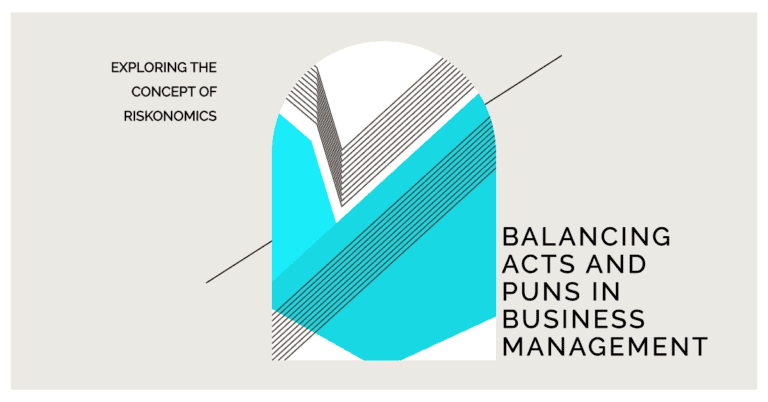Business ethics, which refers to the moral principles that guide businesses’ operations, is essential for any organisation’s long-term success and sustainability. It includes values such as respect, fairness, trust, and responsibility, which impact various aspects of a business, from its operations to its relationships with stakeholders.
Benefits of Business Ethics
- Enhanced Reputation and Trust: companies that prioritise ethics tend to develop a robust public image and reputation. This trust is vital for retaining customers and fostering brand loyalty. A business recognised for its ethical practices is more likely to attract dedicated clients, skilled employees, and investors
- Competitive Advantage: organisations that follow ethical standards gain a competitive edge. Their commitment to transparency and ethical behaviour can set them apart in the marketplace, appealing to customers who prioritise corporate responsibility
- Employee Satisfaction and Retention: ethical practices create a positive work environment where employees feel valued and respected. This leads to increased productivity, loyalty, and lower turnover rates.
- Risk Management: by adhering to ethical standards, businesses can avoid legal troubles and scandals. This commitment ensures compliance with regulations and minimises the risk of expensive lawsuits stemming from unethical conduct

Principles of Business Ethics
- Accountability: businesses should take responsibility for their actions, including any adverse effects on stakeholders
- Honesty and Transparency: open communication fosters trust with employees and customers, nurturing long-term relationships
- Fairness and Respect: treating all stakeholders is crucial for creating a respectful business environment, which is critical to maintaining strong relationships
- Corporate Social Responsibility (CSR): CSR involves considering business decisions’ social, environmental, and economic consequences. Ethical businesses prioritise the welfare of society alongside their profit objectives
Final Thoughts
Engaging in ethical business practices goes beyond simply doing what is right and benefits the business.
Such practices enhance a company’s reputation, foster customer loyalty, and boost employee morale.
Additionally, companies prioritising ethics are often more adept at facing challenges and capitalising on opportunities in a market that increasingly values ethical considerations.
As societal expectations shift, businesses that incorporate ethics into their fundamental strategies are more likely to succeed.






